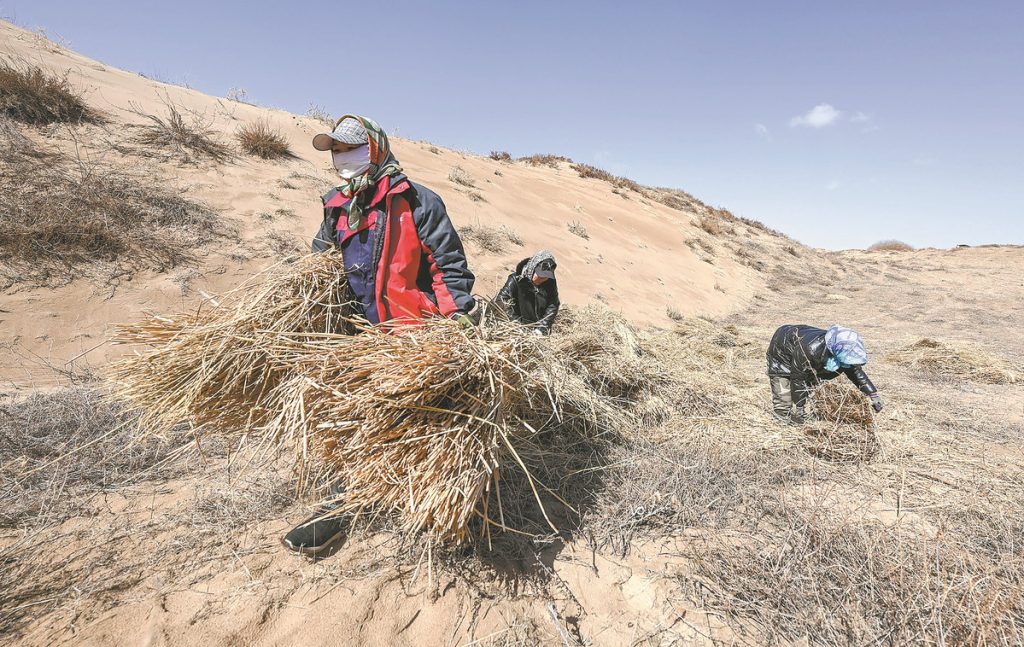The United Nations Convention to Combat Desertification (UNCCD) has begun its 12-day COP16 conference in Saudi Arabia, addressing the escalating global crisis of land degradation and desertification. The event comes during stark warnings from scientists about unsustainable practices and the urgent need for restoration efforts.
UN Secretary-General António Guterres has dubbed the conference a moonshot moment for the world to respond to drought, protect ecosystems, and restore degraded lands.
The UNCCD, representing 196 countries and the European Union, is pushing for the restoration of 1.5 billion hectares of degraded land by 2030—an ambitious increase from its previous target of 1 billion hectares. This effort is seen as critical for mitigating droughts, food shortages, and climate impacts that disrupt ecosystems and livelihoods.

The conference takes place in Saudi Arabia, home to one of the world’s largest deserts. The kingdom has committed to restoring 40 million hectares of degraded land, although timelines remain unspecified. Measures already undertaken include banning illegal logging, expanding national parks, and initiating reforestation projects.
Deputy Environment Minister Osama Faqeeha highlighted the country’s long-standing battle with desertification, describing it as an intrinsic challenge for the arid region.
UNCCD Executive Secretary Ibrahim Thiaw emphasized the high stakes, warning that 40% of global land has already been lost to degradation. “Global security is at stake,” Thiaw said, calling for accelerated restoration efforts and a proactive approach to managing droughts.
The talks, however, face skepticism from critics. Some activists accuse Saudi Arabia of undermining climate action at recent COP29 climate talks in Azerbaijan, while others, like Maastricht University’s Matthew Archer, view such conferences as ineffective. Archer dismissed the desertification talks as part of a COP charade incapable of driving meaningful political action.
With thousands of delegates, including nearly 100 government ministers, attending the Riyadh conference, expectations are high for tangible outcomes. Experts stress the urgency of addressing land degradation to ensure food security, reduce migration pressures, and tackle climate impacts.
As the conference continues until December 13, the world watches for signs of meaningful progress in the battle against desertification.


